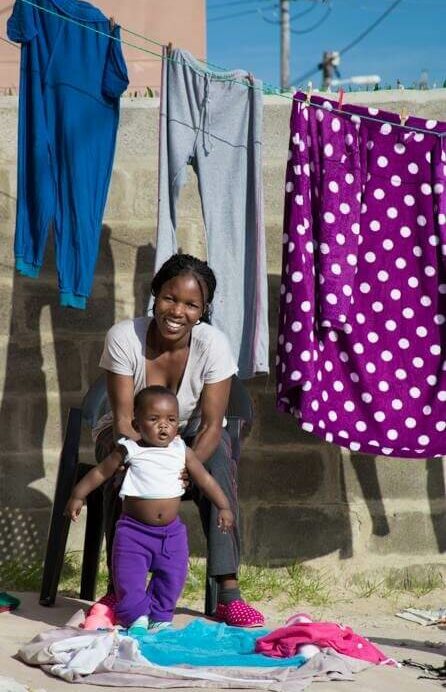Project Overview
Mapping of SGBV, SRHR and HIV Services at District level and Desktop Situational analysis of knowledge, attitudes and behaviour of AGYW and community actors about SGBV, SRHR and HIV in Nelson Mandela Metro, Alfred Nzo and uThukela districts in South Africa.
The UNFPA-UNICEF joint program aims to improve sexual and reproductive health rights (SRHR) and reduce Sexual and Gender Based Violence (SGBV) among vulnerable adolescent girls and young women (AGYW) (ages 15-24) in Nelson Mandela Metro, Alfred Nzo and uThukela districts in South Africa. The aim is to achieve this through the combination of three strategic pillars working synergistically, namely:
- Data driven quality sexual and reproductive health services, including HIV and SGBV information, for AGYW (ages 15-24) will be enhanced in the three districts;
- The delivery of multi-sectoral package of quality SRHR, HIV and GBV prevention and response services will be strengthened;
- Evidence-based policy, planning and multi-sectoral coordination at the national and sub-national level will be strengthened for scaling up quality SRH, HIV and SGBV services for AGYW, and preventing GBV.
The joint program works closely with the Government of South Africa and other partners in three selected districts, Nelson Mandela Metro and Alfred Nzo districts in the Eastern Cape Province and the uThukela district in the KwaZulu-Natal Province.
Project Statement
The two focus provinces of the program, Eastern Cape and KwaZulu-Natal, have the highest youth populations, with KwaZulu-Natal at 20.8% and the Eastern Cape at 12.2%. AGYW in this age band are disproportionately impacted by a range of health and social challenges, many of these are further exacerbated by socio-economic drivers including poverty, poor school attainment, gender inequality and unemployment.
Despite South Africa’s progressive gender equality legislation and national programs, significant gaps remain in strategies and plans to protect AGYW from SGBV, HIV infection and promote their Sexual and Reproductive Health and Rights (SRHR).
In order to close the gap between policy and implementation, UNFPA and UNICEF developed the Joint Program by engaging health, education and social services stakeholders at the district level to identify services and good practices, assess gaps as well as bottlenecks and barriers to service provision. The Mapping of SGBV, SRHR and HIV Services and Situational analysis of knowledge, attitudes and behaviour of AGYW and community actors about SGBV, SRHR and HIV in Nelson Mandela Metro, Alfred Nzo and uThukela districts are part of the efforts of the Joint Program to replicate and scale up initiatives, activities and advocacy in other districts and provinces.
Outcomes
The UNFPA-UNICEF Joint Programme will use the findings of the baseline study which will further action of the UNFPA-UNICEF Joint Programme “Empowering Women and Girls for SRHR in South Africa”.
The programme now has:
- An understanding of the institutional barriers and social norms which shape perceptions of sex, sexuality, gender dynamics and violence and HIV
- An understanding of the quality of services provision which shape perceptions of sex, sexuality, gender dynamics and violence and HIV prevent quality service provision and the uptake of services that are available
- Knowledge of the available health and social SGBV, SRHR and HIV service in the three districts
- Awareness about the societal norms and various cultural practices which effect AGYW and ABYM access SRH, HIV and GBV services
- A list of recommendations for improving access to services, addressing problematic cultural and patriarchal norms and practices, and strengthening the capacity of service providers

